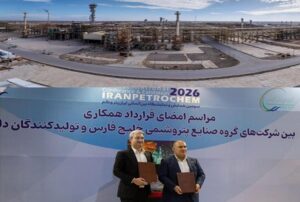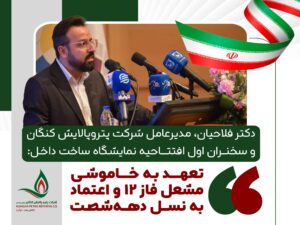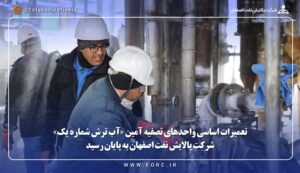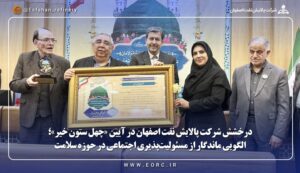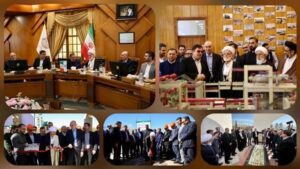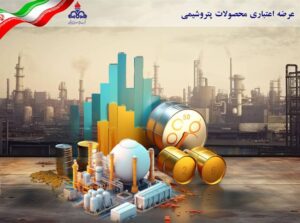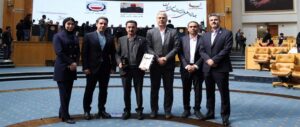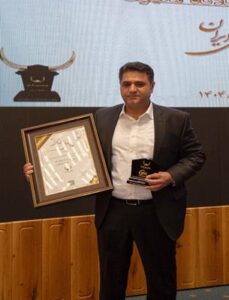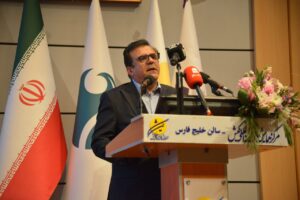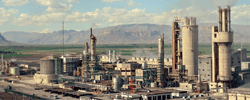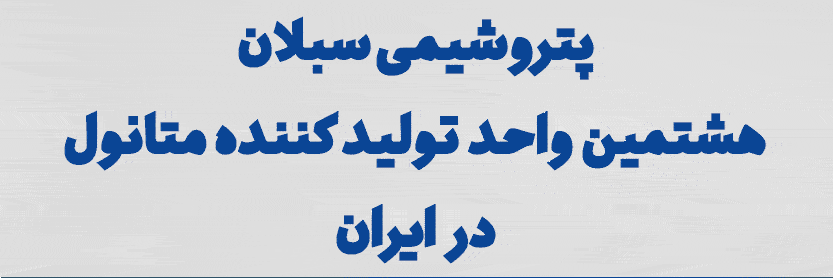“Rahbord Energy”: Today, healthy man power and clean environment have a key role and considerable impact in the development and progress of industries. One of the effective means, is establishment and implementing of “Health, Safety, Environment-Management System (HSE-MS).In some industries, quality and insurance were added as HSEQI. HSE Guidelines are critical components of companies’ culture, and also the cornerstone for sustainable growth. HSE management has two general objectives: prevention of incidents or accidents that might result from abnormal operating conditions and reduction of adverse effects that result from normal operating conditions.
Iran’s Petroleum Minister “Bijan Zanganeh” has underscored and reiterated on health, safety and environment (HSE) are crucial elements in the petroleum industry. Zanganeh has accentuated: “One of the most important policies of the Petroleum Ministry has been to create safe and healthy environment for activity without accident, so the human resources and industrial facilities would offer maximum production with minimum damage”. He has also stressed on environment protection besides the protection of oil resources in his “HSE’ official notices.
Zanganeh has testified in Parliament’s Energy Commission on August 4, 2016 following recent incidents on petrochemical sites that lack of health and safety funding is to blame on these incidents. He also told the energy commission tasked with identifying the cause of the accidents, that failure on the part of “some private companies” to provide adequate support for health and safety is partly responsible for the fires”. He pointed on August 21, 2016 in his official notice to certain failed privatization policies and cut of feedstock to the petrochemical complexes not observing the HSE mandates, and declared petrochemical production units should embark on necessary repairs on time as professional directors should undergo necessary training”. Zanganeh said in his notice that ministry will be more sensitive towards HSE observation by the oil industry units. He warned;” If a petrochemical facility or refinery intentionally violates the HSE rules at a logical time and the negligence results in national security danger like the irreparable fire, order will be issued for cut in the feedstock.”
It sounds that HSE has gotten so politicized in Iran’s oil industry. Most of HSE managers have not strategic approach toward prevention an education and also have not necessary qualifications to occupy these positions. Unfortunately, they persist against modern technologies. Incidents’ root cause and damages are due to negligence of the Petchem facilities’ CEOs to meet the HSE rules.
Accordingly, 80 percent of incidents due to human factor and lack of knowledge and training, besides lack of standard instrumentation. So, holding workshops and courses on HSE in Oil industry will provide knowledge of the methodologies, processes, procedures, and tools of the HSE, necessary to ensure a safe working environment. Thus, the participants will understand how to identify and reduce risks to prevent the occurrence of events or incidents that impact personnel, facilities and the environment. Main topics will be included such as: Risk Analysis, Hazard Identification, Accident Management, Safety at Work, H2S, Fire Protection, Emergency Preparedness, HSE in Drilling Activities (Drilling Risk Management, Well Control) and etc.
Iran’s oil industry require safe environment for operations in post-sanction era. HSE must not be a great challenge like always lies ahead. Any damage to Iranian oil facilities will directly affect on national security and revenues. So protection the environment of activity and manpower, requires serious attention to HSE. HSE would not be attainable by directives and notices and also by representing its problems and solutions, but an effective strategy to institutionalize HSE culture is the key alternative. Iranian Oil HSE managers should realize that HSE is a conscious choice not an obligation or order.
As a result, the experts’ viewpoints of HSE field reflect without any politicization and partiality, that HSE in Iran’s oil industry neglected.
I hope the implementation of HSE-MS lead to reduction in incidents and its perilous consequences and Iran’s oil HSE conditions will be improved considerably in the future.”


